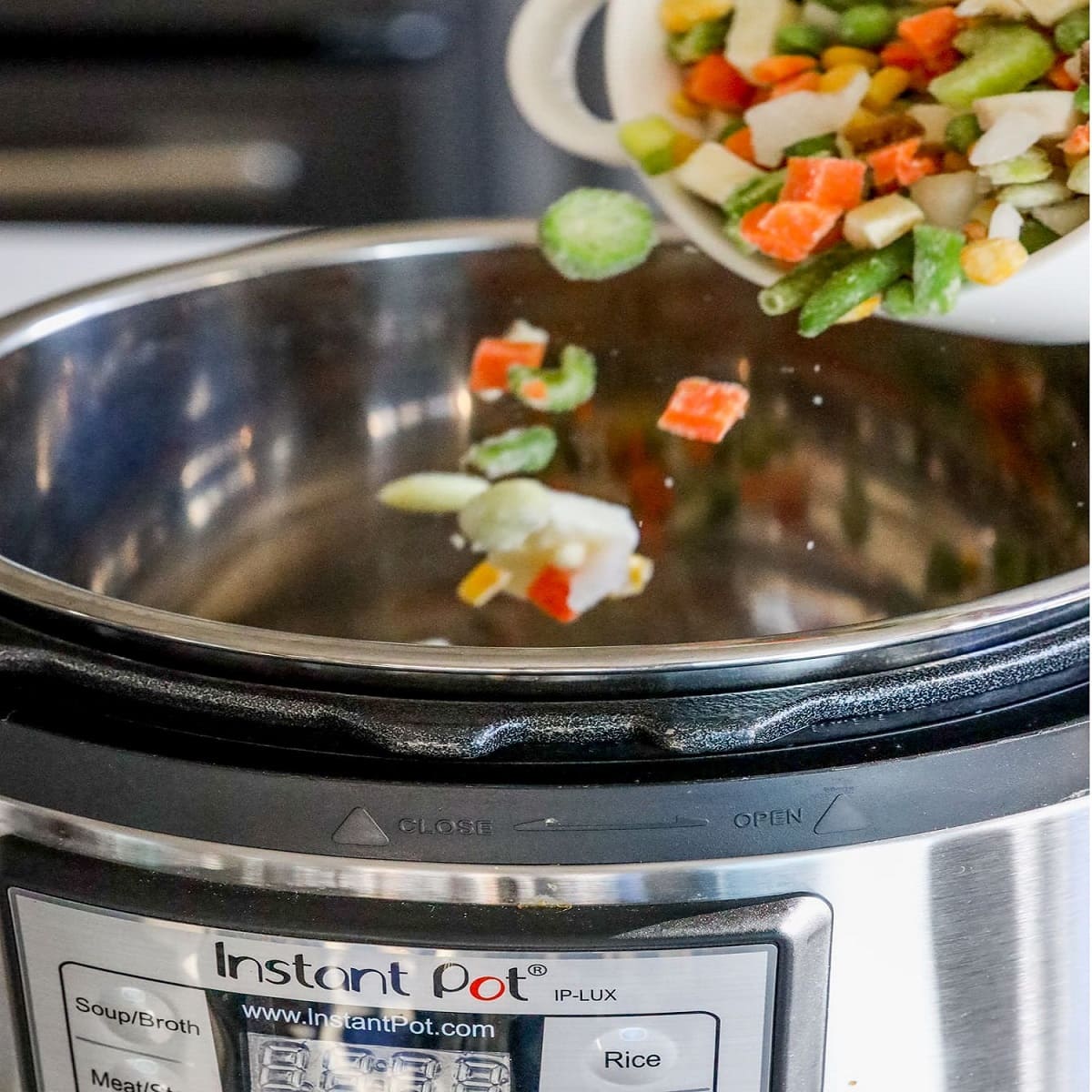

Articles
When To Add Frozen Vegetables To Slow Cooker
Modified: August 20, 2024
Discover when to add frozen vegetables to your slow cooker with this informative article. Learn how to maximize flavor and nutrition.
(Many of the links in this article redirect to a specific reviewed product. Your purchase of these products through affiliate links helps to generate commission for Storables.com, at no extra cost. Learn more)
Introduction
When it comes to preparing delicious and nutritious meals, many people turn to their trusty slow cookers. These appliances are known for their ability to create flavorful dishes with minimal effort. From savory stews to tender roasts, slow cookers have become a staple in kitchens worldwide.
One way to elevate the taste and nutritional value of your slow cooker meals is by incorporating frozen vegetables. Not only are they convenient and easy to use, but they can also enhance the overall flavor profile of your dishes. In this article, we will explore the benefits of using frozen vegetables in slow cooker recipes, factors to consider before adding them, the best times to do so, and some helpful tips to ensure you get the most out of your slow cooking experience.
Key Takeaways:
- Elevate your slow cooker meals with the convenience, nutrition, and flavor enhancement of frozen vegetables. Consider factors like cooking time and texture preferences to ensure perfectly cooked, delicious dishes.
- Timing is crucial when adding frozen vegetables to slow cooker recipes. Whether at the beginning, midway, or as a topping, make informed decisions to achieve the desired texture and appearance in your meals.
Read more: When To Add Spinach To Slow Cooker
Benefits of Using Frozen Vegetables in Slow Cooker Recipes
Using frozen vegetables in your slow cooker recipes comes with a multitude of benefits that can enhance both the taste and nutritional content of your meals. Let’s take a closer look at some of these advantages:
1. Convenience and Accessibility
Frozen vegetables are incredibly convenient to have on hand. They can be easily stored in the freezer and are readily available whenever you need them, eliminating the need for frequent grocery store trips. With frozen vegetables, you can save time on prep work as they are already washed, chopped, and ready to go. This convenience makes them a perfect addition to your slow cooker recipes, allowing you to effortlessly add a variety of vegetables to your meals.
2. Retained Nutritional Value
Contrary to popular belief, frozen vegetables can retain their nutritional value. The freezing process helps to lock in essential vitamins, minerals, and antioxidants, ensuring that you still benefit from their nutritional content. As a result, incorporating frozen vegetables into your slow cooker recipes can help you achieve a well-rounded and nutrient-rich meal.
3. Flavor Enhancement
Frozen vegetables can elevate the taste profile of your slow cooker dishes. When cooked in a slow cooker, frozen vegetables release their moisture and blend with the other ingredients, resulting in a rich and flavorful sauce. The slow cooking process allows the flavors to meld together, enhancing the overall taste and texture of the dish. Whether you’re making a hearty stew or a savory curry, adding frozen vegetables can take your slow cooker meals to the next level.
Read more: When To Add Quinoa To Slow Cooker
4. Versatility
Another advantage of using frozen vegetables is their versatility. You can find a wide range of frozen vegetables in the market, including mixed vegetables, peas, corn, carrots, broccoli, and more. This variety allows you to experiment with different combinations and flavors in your slow cooker recipes. Whether you want to add vibrant colors or a subtle sweetness to your dishes, frozen vegetables offer countless possibilities for culinary creativity.
Incorporating frozen vegetables into your slow cooker recipes can elevate your meals in terms of convenience, nutrition, flavor, and versatility. The next section will cover the factors you should consider before adding frozen vegetables to your slow cooker.
Factors to Consider Before Adding Frozen Vegetables to Slow Cooker
While using frozen vegetables in your slow cooker can be beneficial, there are a few factors to keep in mind to ensure the best results. Consider the following before adding frozen vegetables to your slow cooker:
1. Cooking Time
Frozen vegetables may require different cooking times compared to fresh vegetables. It’s important to factor in the additional cooking time needed to ensure that the vegetables are thoroughly cooked and tender. Check the packaging for recommended cooking times, or refer to recipes specifically designed for slow cookers that incorporate frozen vegetables.
2. Texture Preferences
Frozen vegetables tend to soften during the slow cooking process. If you prefer your vegetables to have a firmer texture, you may want to add them towards the end of the cooking time to retain some crunch. On the other hand, if you enjoy vegetables that are soft and well-incorporated into the dish, adding them at the beginning of the cooking process is ideal.
Read more: When To Add Zucchini To Slow Cooker
3. Moisture Content
Frozen vegetables contain more moisture compared to their fresh counterparts. For recipes that already have a high liquid content, such as stews and soups, the additional moisture from frozen vegetables may not pose a problem. However, for recipes that require less liquid or need to thicken, you may need to adjust the other ingredients accordingly or drain excess liquid before serving.
4. Flavor Compatibility
Consider the flavors of the frozen vegetables you plan to add and how they will complement the other ingredients in the dish. Some vegetables, like onions, peppers, and carrots, are versatile and pair well with various flavors. Others, like peas or corn, have more distinct flavors that may need to be considered when selecting the overall combination of ingredients. Experiment with different vegetable combinations to find what works best for your taste preferences.
By keeping these factors in mind, you can make informed decisions when incorporating frozen vegetables into your slow cooker recipes, ensuring that your meals turn out delicious and satisfying. In the next section, we will discuss the best times to add frozen vegetables to your slow cooker.
Best Times to Add Frozen Vegetables to Slow Cooker
Timing is crucial when it comes to adding frozen vegetables to your slow cooker recipes. Here are some guidelines for the best times to incorporate them:
1. At the Beginning
Most frozen vegetables can be added at the beginning of the cooking process, especially if the recipe calls for a longer cooking time. This allows the vegetables to soften and infuse their flavors into the dish, resulting in a well-integrated and flavorful meal. This is particularly effective for recipes like stews, where the longer cooking time ensures that the vegetables are cooked thoroughly and have a softer texture.
Read more: When To Add Mushrooms To Stew In Slow Cooker
2. Midway Through Cooking
If you prefer your vegetables to have a firmer texture and retain some of their color, adding frozen vegetables midway through the cooking process is a good option. This is especially true for vegetables like peas, corn, and bell peppers, which tend to soften quickly. Adding them later ensures that they retain their vibrant color and slightly crisp texture.
3. Towards the End
For recipes with a shorter cooking time or vegetables that you want to remain crisp and vibrant, such as broccoli or zucchini, it’s best to add them towards the end of the cooking process. This preserves their texture and helps retain their nutrients. Adding them too early may result in overcooked or mushy vegetables, so keep an eye on the cooking time and add them accordingly.
4. As a Topping or Garnish
Another option is to use frozen vegetables as a topping or garnish for your slow cooker recipes. Sprinkle some frozen corn or peas on top of a soup or casserole just before serving to add a burst of color and freshness. This technique works well for recipes where you want to maintain the individual texture and appearance of the vegetables.
By considering the cooking times and desired textures for your frozen vegetables, you can determine the best times to add them to your slow cooker recipes. In the next section, we will provide some helpful tips to ensure that you properly add frozen vegetables to your slow cooker.
Tips for Properly Adding Frozen Vegetables to Slow Cooker
To ensure optimal results when adding frozen vegetables to your slow cooker recipes, consider the following tips:
Read more: When To Add Instant Rice To Slow Cooker
1. Use the Right Amount
Pay attention to the recommended serving sizes on the packaging of your frozen vegetables. Adding too few or too many vegetables can impact the overall taste and texture of your dish. While it’s tempting to add extra vegetables for added nutrition, be mindful that overcrowding the slow cooker may result in uneven cooking. Follow the proportions specified in the recipe or use your best judgment based on the size of your slow cooker.
2. Thaw if Necessary
In most cases, it is not necessary to thaw frozen vegetables before adding them to the slow cooker. However, some recipes may require a shorter cooking time, and thawed vegetables can help in achieving the desired texture. If you choose to thaw your frozen vegetables, ensure that they are drained of any excess moisture before adding them to the slow cooker to prevent diluting the flavors of the dish.
3. Layer Properly
Layering is important in slow cooker recipes to ensure even cooking. Place the meat or denser vegetables at the bottom of the slow cooker, followed by any liquids or sauces, and then add the frozen vegetables on top. This allows the flavors to meld together as they cook, and prevents the vegetables from becoming overcooked or mushy.
4. Adjust Seasonings
Keep in mind that frozen vegetables can release additional moisture into the dish. To compensate for this, you may need to adjust the seasonings or add a little extra salt or spices. Taste the dish towards the end of the cooking time and make any necessary flavor adjustments to ensure a well-balanced and delicious meal.
Read more: When To Add Carrots To Slow Cooker
5. Stir Gently
While slow cooking, try to avoid stirring the ingredients too frequently, especially if you have added delicate vegetables like peas or corn. Stirring can cause them to break apart and lose their shape. If you need to mix the ingredients, do so gently and sparingly to preserve the integrity of the vegetables.
By following these tips, you can ensure that your frozen vegetables are properly added to your slow cooker recipes, resulting in flavorful, nutritious, and well-cooked meals.
Conclusion
Incorporating frozen vegetables into your slow cooker recipes offers numerous benefits, including convenience, retained nutritional value, flavor enhancement, and versatility. The convenience of having pre-washed and pre-cut vegetables readily available in your freezer can save you time in meal preparation. Additionally, the freezing process helps preserve the nutritional content of the vegetables, allowing you to enjoy the health benefits they offer. The flavors of the frozen vegetables blend seamlessly with the other ingredients during the slow cooking process, resulting in rich and delicious dishes.
Before adding frozen vegetables to your slow cooker, it’s essential to consider factors such as cooking time, texture preferences, moisture content, and flavor compatibility. Taking these factors into account will ensure that your vegetables are cooked to perfection and complement the overall taste of the dish.
Knowing the best times to add frozen vegetables, whether at the beginning, midway through cooking, towards the end, or as a topping or garnish, will help you achieve the desired texture and appearance in your slow cooker meals. Additionally, following tips such as using the right amount of vegetables, thawing if necessary, proper layering, adjusting seasonings, and gentle stirring will contribute to the success of your slow cooker recipes.
By incorporating these practices into your cooking routine, you can create flavorful and nutritious slow cooker meals with the added benefits of frozen vegetables. Their convenience, longevity, and ability to enhance the taste and nutritional value of your dishes make them a valuable addition to any slow cooker recipe. So the next time you reach for your slow cooker, don’t forget to include some frozen vegetables for an extra boost of flavor and nutrients.
Happy slow cooking!
Now that you've got the scoop on adding frozen veggies to your slow cooker, why stop there? Dive into our next feature, which dishes out countless ideas for what you can whip up in that handy appliance. From hearty stews to decadent desserts, slow cooker recipes offer convenience without skimping on taste. Ready to transform simple ingredients into mouth-watering meals? Check out our guide and let your slow cooker do the heavy lifting!
Frequently Asked Questions about When To Add Frozen Vegetables To Slow Cooker
Was this page helpful?
At Storables.com, we guarantee accurate and reliable information. Our content, validated by Expert Board Contributors, is crafted following stringent Editorial Policies. We're committed to providing you with well-researched, expert-backed insights for all your informational needs.
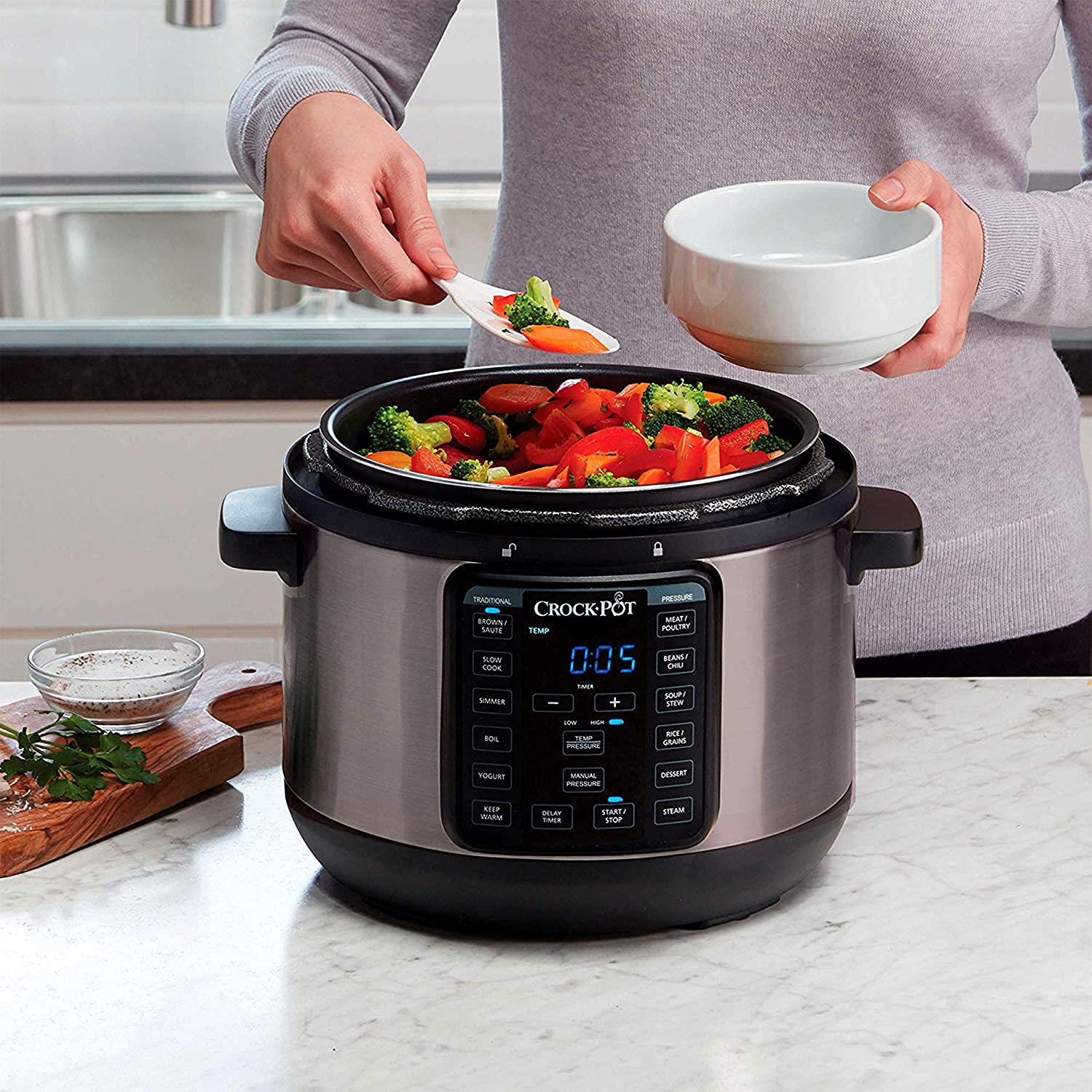
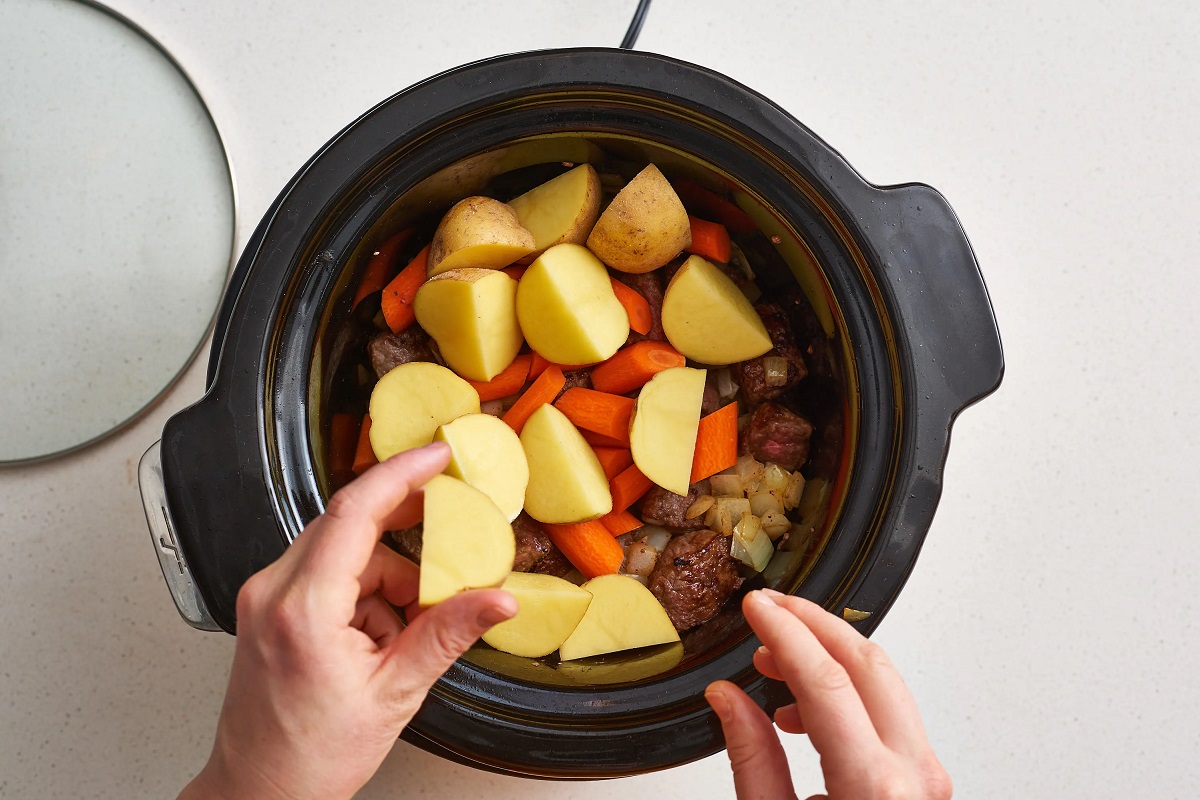
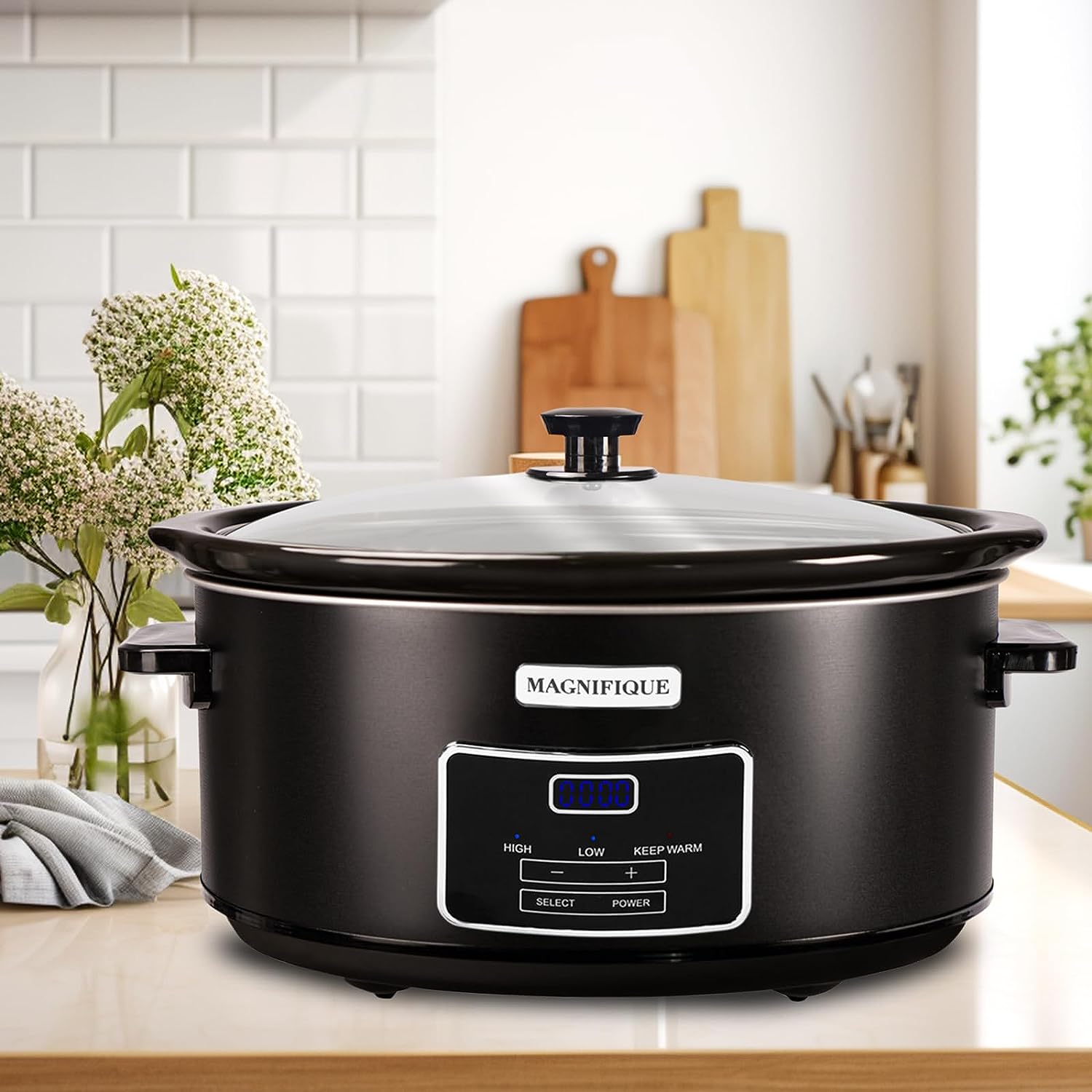
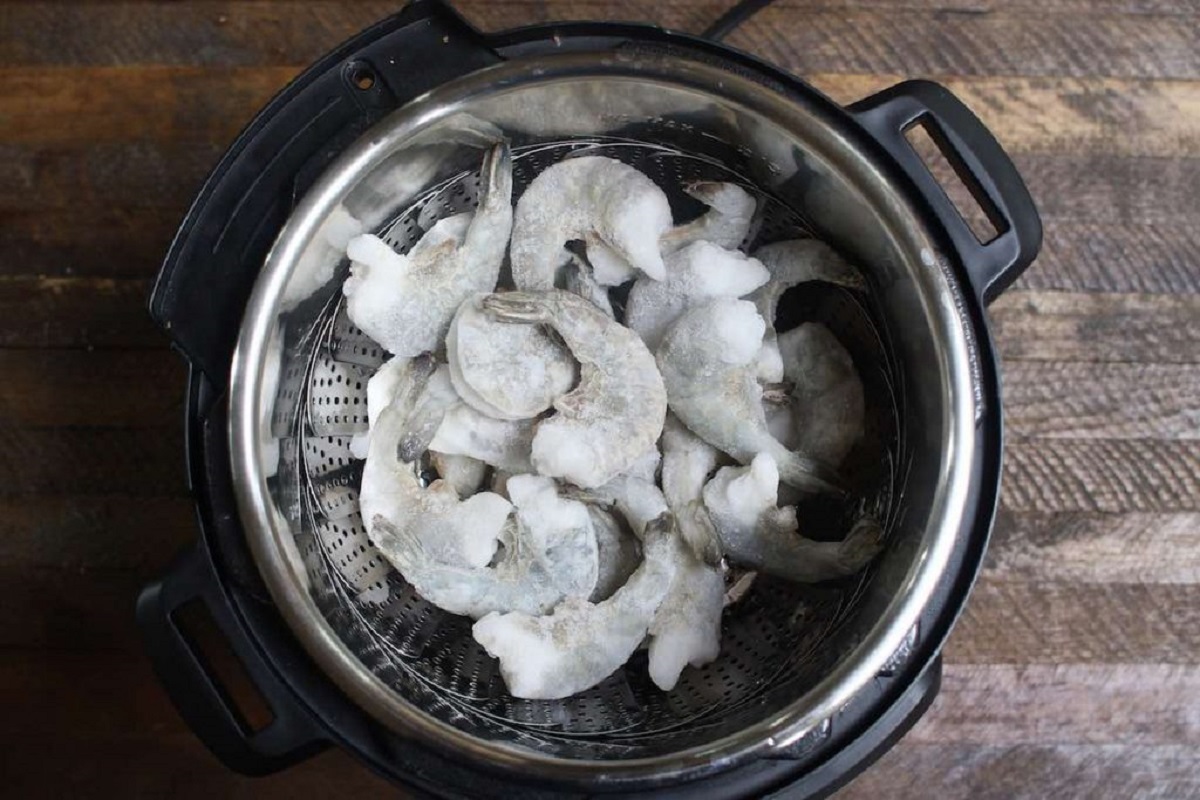
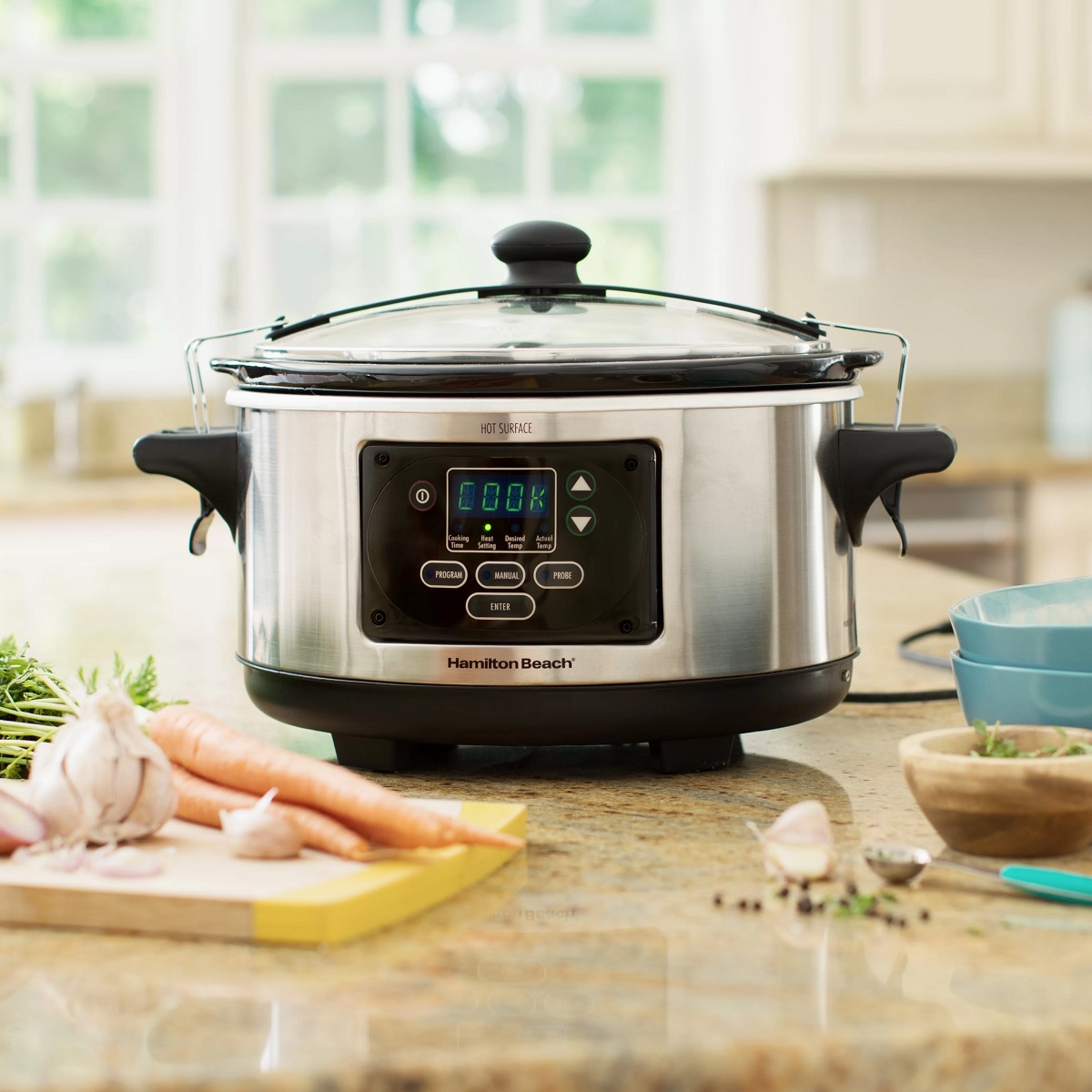
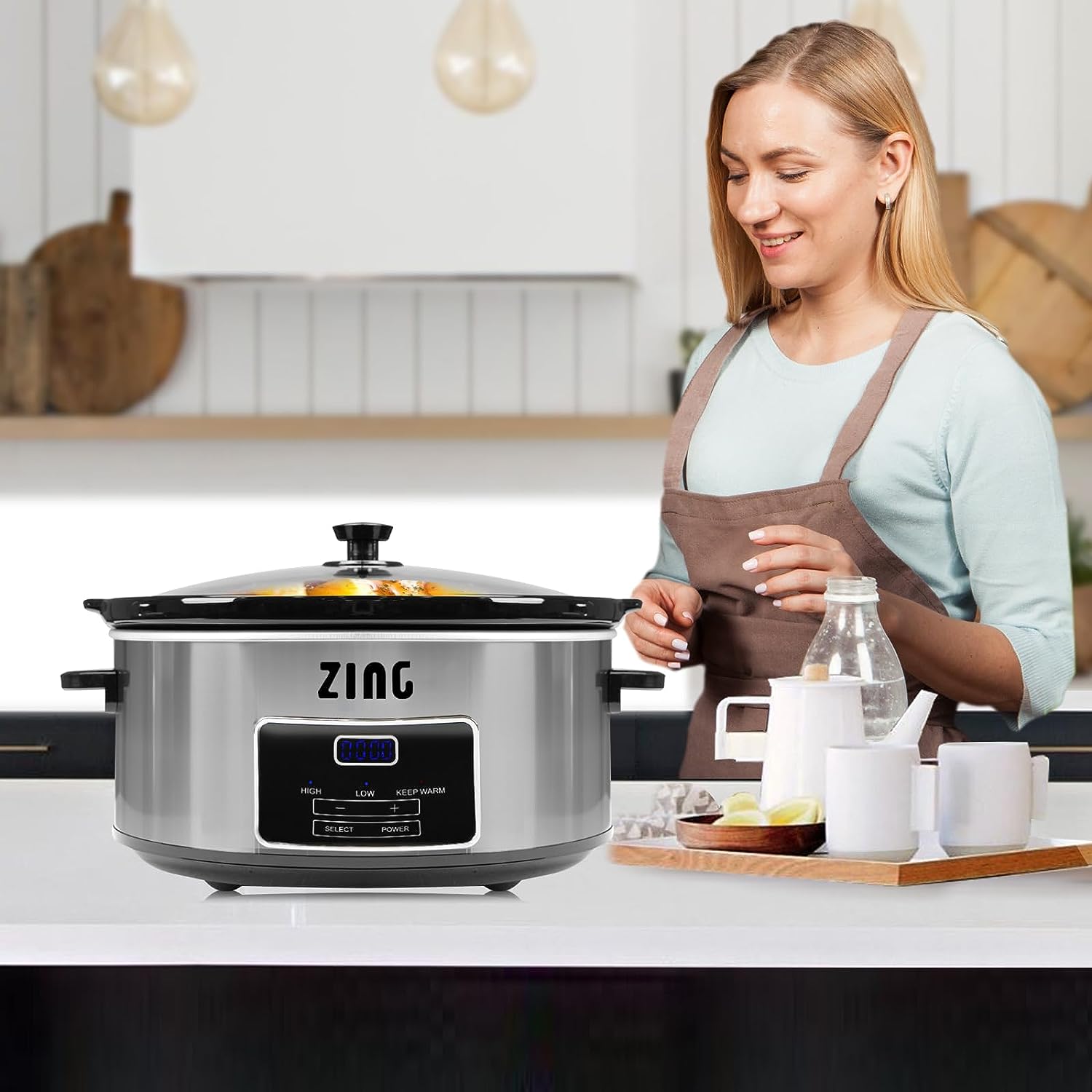
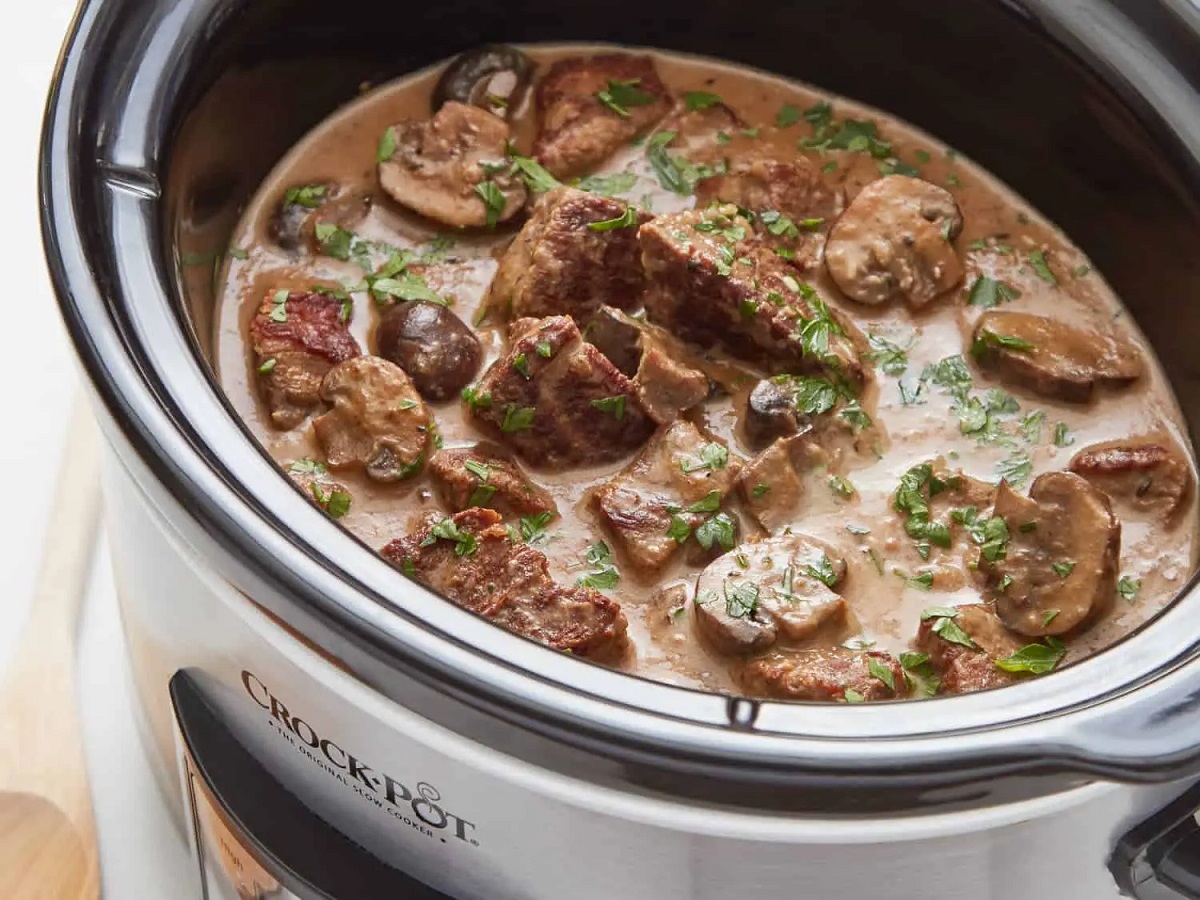
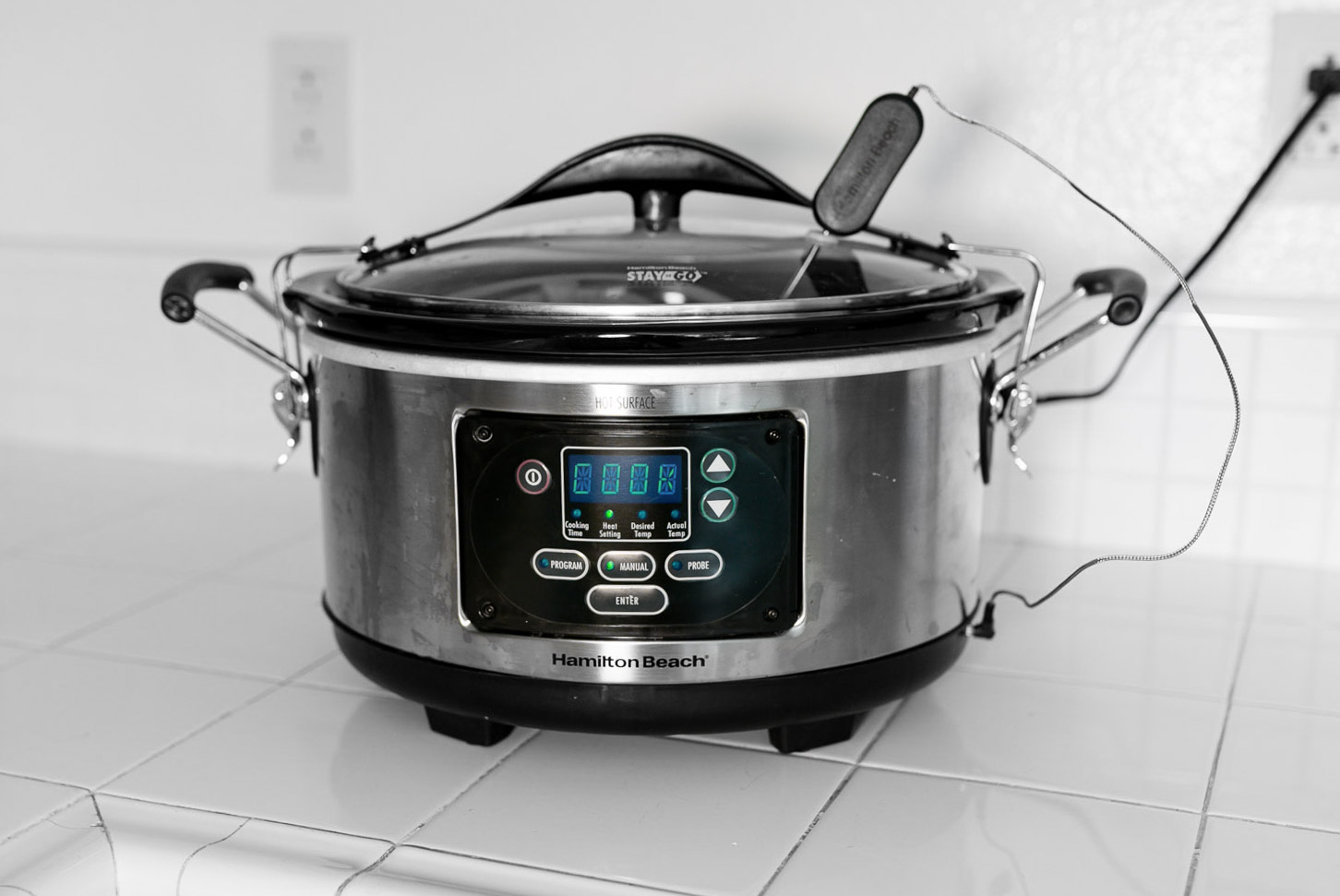
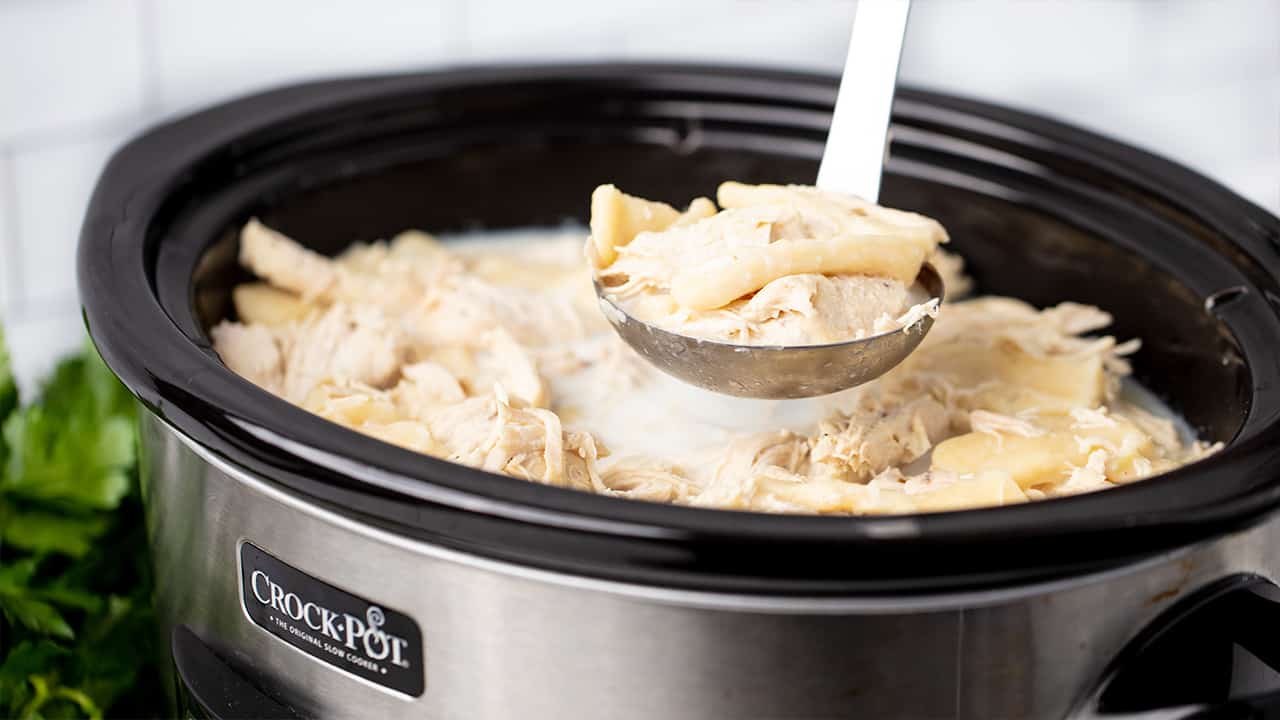
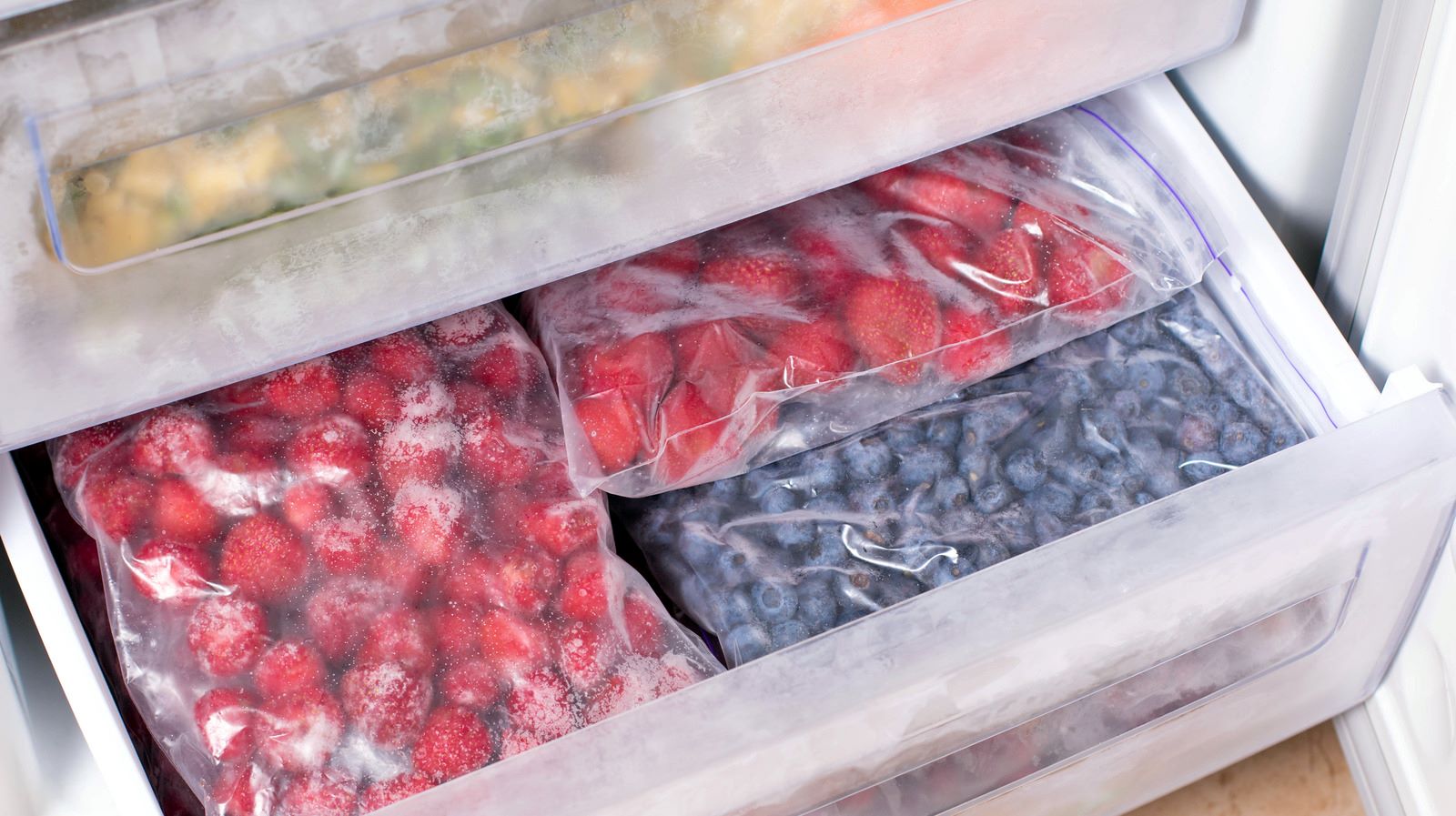

0 thoughts on “When To Add Frozen Vegetables To Slow Cooker”